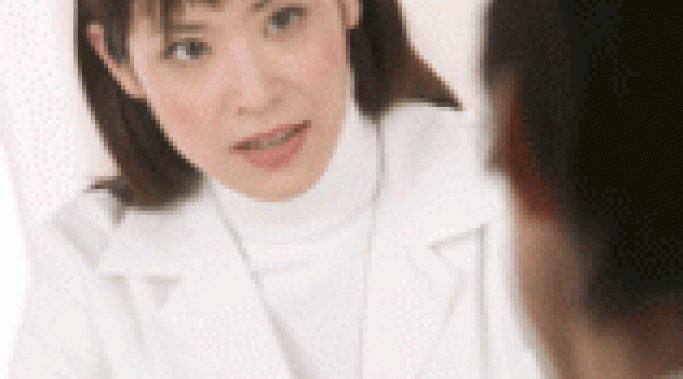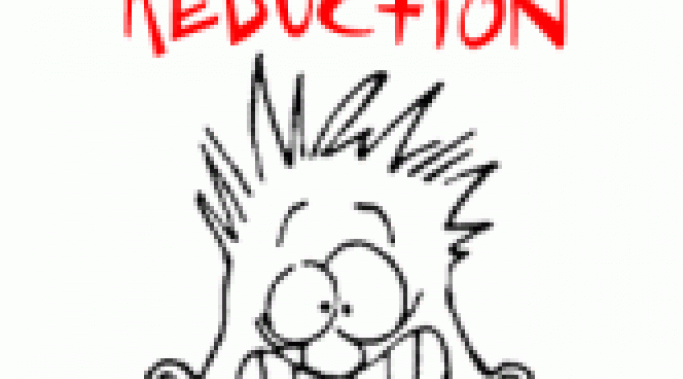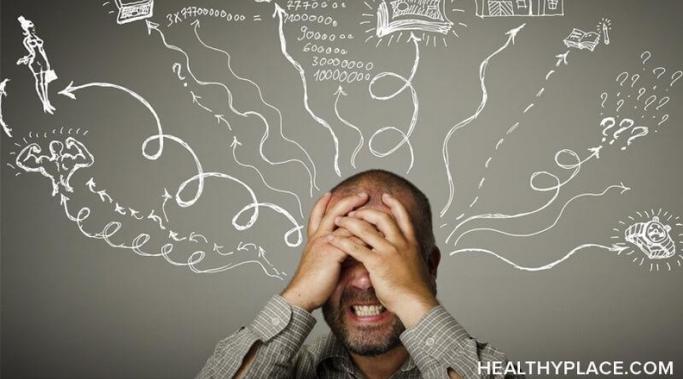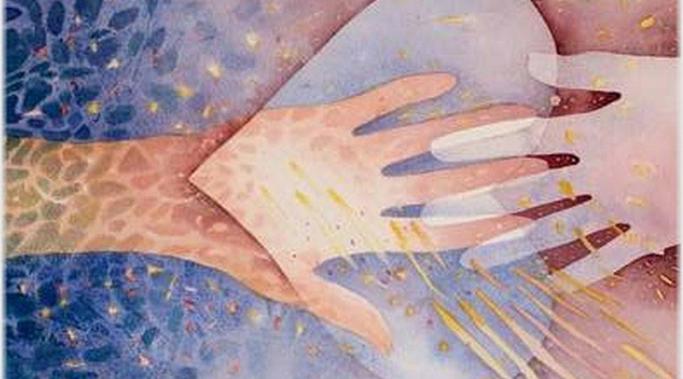Blogs
The first step in recovering from any eating disorder is accepting that you do have an illness that deserves and needs treatment.
The next step is finding the appropriate people to guide you in recovering from your eating disorder. That can be very difficult. However, there are different types of help out there and I would encourage you to never give up trying to find what works for you.
Anxiety can motivate us to move faster, but left unchecked it can paralyze us.
If you are an adult newly diagnosed with ADHD, it’s assumed you have been struggling with some level of distractibility, impulsivity and even hyperactivity. These key ADHD symptoms are what help specify and diagnosis the disorder. Less acknowledged, discussed or even know about, are the common inner feelings of anger, grief, shame, isolation and even hope that adults with ADHD experience.
In business school, I slept with my best friend Bob and then proceeded to fall in love with him. As these things go, he didn't return my feelings, we fought a few times then left town without speaking to each other. A few years ago we reconnected - figuratively and literally - with similarly disastrous results. Now, Bob and I are speaking again and I'm committed to making the friendship work. No, I'm not a glutton for punishment. Rather, I believe that making amends will help me be healthier and better manage my bipolar disorder.
I have said to people many times - your psychiatrist works for you. You pay the psychiatrist. They are your employee. That means you're the one who decides if they are hired or fired. But choosing a psychiatrist is no mean feat as someone who others consider "good" may not be "good" for you. So the only thing to do is to research and interview a doctor - just as you would any employee.
Schizophrenia is considered to be a disease of the mind, yet unlike a physical disease it can be difficult to determine when we are ill. How then do we know when the disease is taking hold and what to do about it?
For me there are warning signs before the onset of an episode. One common sign is holding the belief that someone close to me wishes to harm me in some manner. This idea can cause arguments, disagreement and irritability between myself and those around me. It is at this point of time that I believe constructive intervention can help the most.
The holidays are a time of joy, celebration, family, friendships and spending time together, however throughout the month of December I always am asked for tips, or recommendations to help manage stress and stay present, mindful, healthy and sober. The holidays can be a huge stressor for many; there are parties, gifts to buy, family events, and sometimes it can all be too much.
You're on a first date - attractive person, nice restaurant, good conversation, and after dessert, you excuse yourself to use the restroom. When you return to the table, your date is visibly upset. He stands up, waving wildly for the ticket, grabs your hand and storms both of you out the door.
You're wondering what horrible thing happened during your absence, so you willingly follow. Once in the parking lot, your date puts his hand around your throat, pushes you against the car, and whispers into your ear, "I was talking to you. No one gets up and leaves while I'm talking!"
What do you do? Call for help as soon as you're free? Run for the hills? Fight for your life? Probably. No one stays with a person who acts like that! Unless . . .
Recovery from an eating disorder can be all-consuming at times. In this video, I talk about how you can and should balance recovery with real-life activities and how that balance can ultimately help you in your recovery from an eating disorder.
Is my son, Bob (who has bipolar disorder), experiencing "psychotic depression?"







